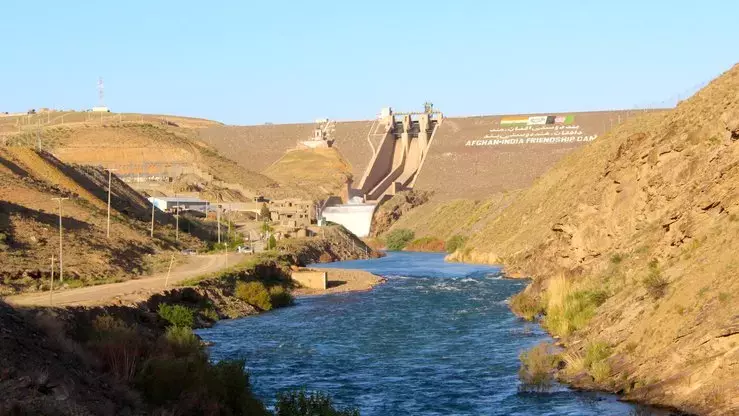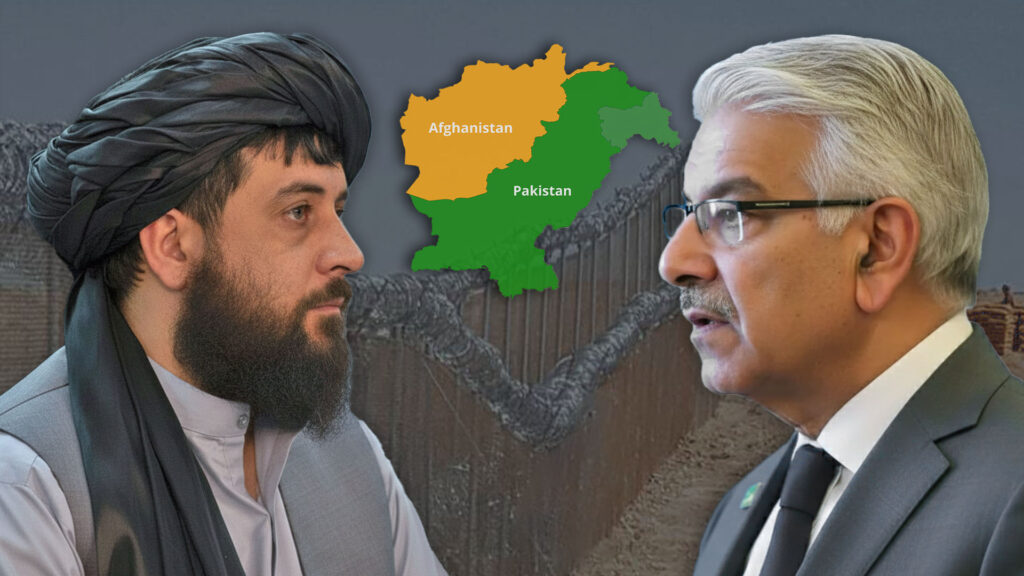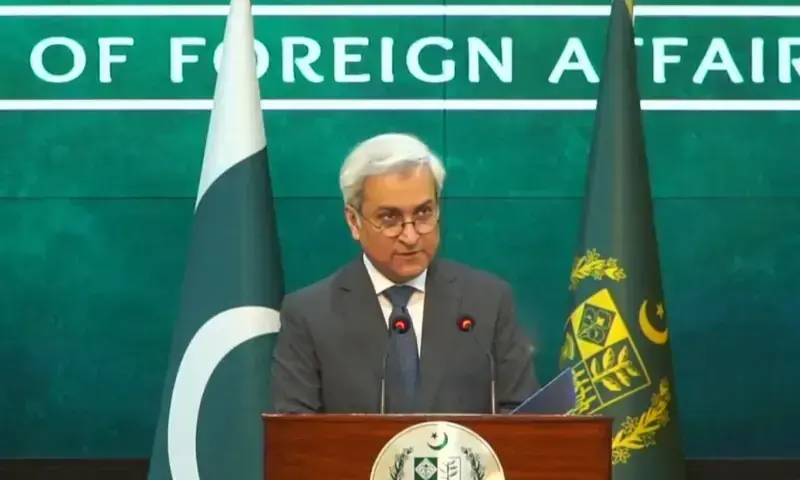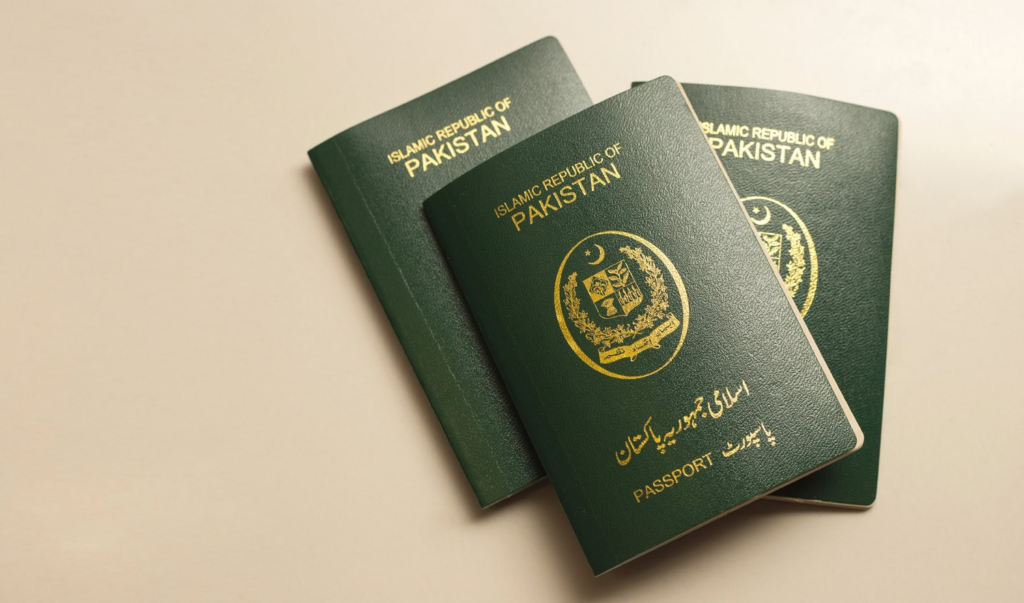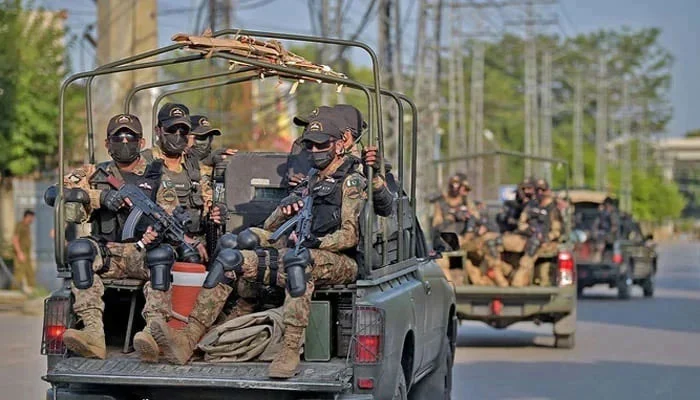By Riaz Hussain
India’s renewed pledge to assist Afghanistan in water management and dam construction has ignited apprehension in Pakistan, where experts fear that New Delhi’s involvement could deepen regional water disputes and further strain Islamabad–Kabul relations.
India’s Ministry of Water Resources recently expressed readiness to support Afghanistan’s efforts in “sustainable water management,” including hydroelectric projects. The statement followed Afghan Foreign Minister Amir Khan Muttaqi’s visit to New Delhi, where both sides issued a joint communiqué emphasising bilateral cooperation in infrastructure and resource development.
Indian Ministry of External Affairs spokesperson Randhir Jaiswal reiterated that India “remains committed to Afghanistan’s sovereignty, territorial integrity, and independence,” but the announcement has been met with unease in Pakistan amid rising cross-border tensions and mutual accusations between the two neighbours.
A Fragile Context
Pakistan and Afghanistan share several transboundary rivers, including the Kunar and Kabul rivers, which provide critical irrigation water to Khyber Pakhtunkhwa’s agricultural heartland before joining the Indus River system.
Despite decades of shared reliance, there is no formal water treaty between the two countries unlike the Indus Waters Treaty between Pakistan and India — making the issue particularly sensitive.
The development comes at a time when Pakistan accuses Kabul of harboring militants of the banned Tehreek-i-Taliban Pakistan (TTP), while the Afghan Taliban government accuses Islamabad of violating Afghan airspace through drone strikes. Amid this mistrust, water has emerged as a new potential flashpoint.
‘India Turning Water into a Political Weapon’
Former Superintendent Engineer of the Khyber Pakhtunkhwa Irrigation Department, Engineer Abdul Wali Yousafzai, warned that India’s growing involvement in Afghanistan’s water projects could create serious challenges for Pakistan’s water security.
“This is not a new project,” Yousafzai told Khabar Kada. “India has long planned to build water reservoirs in Afghanistan’s Lalpor area since the Karzai government. India wants to turn the water issue into a political weapon — the same way it has used water as a tool of pressure against Pakistan.”
He explained that Afghanistan already has two small reservoirs used mainly for agricultural purposes but lacks the technical and financial capacity to construct large dams independently.
“With Indian support, these projects could be used to blackmail Pakistan,” he cautioned. “If Afghanistan restricts water flow, it would create a huge problem for Pakistan’s agriculture, which depends on the Warsak Dam and channels originating in Chitral that pass-through Afghanistan.”
‘A Political Issue, Not a Water Issue’
ShahabUllah Yousafzai author at express Tribune argued that the current debate has been exaggerated and politicized by both sides.
“There are nine to ten water channels flowing from Afghanistan into Pakistan through Khyber Pakhtunkhwa and Balochistan, but only the Kunar River has been politicised,” he said.
“It’s more of a political issue than a water issue. Pakistan pressures Afghanistan through airstrikes, refugee policies, and trade, while Afghanistan responds by using water projects as leverage.”
He added that recent Afghan attempts to construct small reservoirs, such as one in Khost, have failed due to limited engineering capacity.
“It’s technically impossible for Afghanistan to block or stop these rivers,” he said. “Without a proper water treaty, however, small misunderstandings could easily escalate into regional disputes.”
‘Kunar Dam Will Create a New Flashpoint’
Peshawar-based journalist Taimur Khan highlighted that Afghanistan’s recent claim of constructing a dam on the Kunar River could directly impact Pakistan’s irrigation network.
“The Kunar River actually originates in Pakistan’s Chitral region and enters Afghanistan through the Arandu area,” Khan explained. “Around 32,000 hectares of farmland in Khyber Pakhtunkhwa are irrigated through the Warsak Dam canal system, which depends on this water and eventually flows into the Indus.”
He warned that any attempt by Afghanistan to obstruct the flow would violate international norms.
“If Afghanistan constructs a dam, it must ensure a suitable downstream flow to Pakistan under international water law,” he noted.
Khan added that Pakistan has technical alternatives, such as diverting the Chitral River toward the Panjkora River in Upper Dir, but stressed that diplomacy is the only viable solution.
“This issue must be resolved through dialogue and regional cooperation — not confrontation or falling into India’s political conspiracy,” he said.
Growing Water Diplomacy Challenge
Analysts say India’s involvement in Afghan infrastructure reflects a broader strategy to expand influence in the region while countering Pakistan’s position. For Afghanistan, the partnership offers much-needed technical expertise and a chance to enhance energy generation and irrigation systems.
However, experts warn that without a formal water-sharing framework, the combination of security tensions, political mistrust, and external involvement could turn shared rivers into a new front of regional competition.
“Water is fast becoming the next geopolitical fault line in South Asia,” one analyst remarked. “If handled poorly, it could inflame not just Afghanistan–Pakistan relations but also the fragile regional balance that India is trying to shape.”

